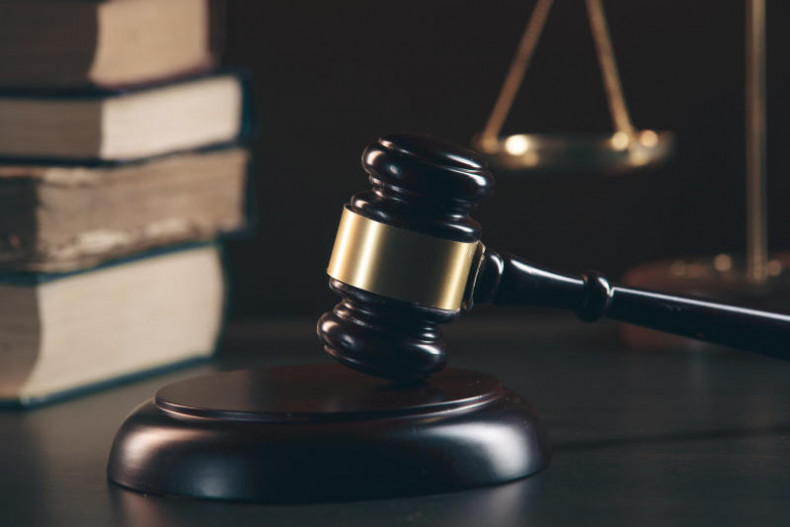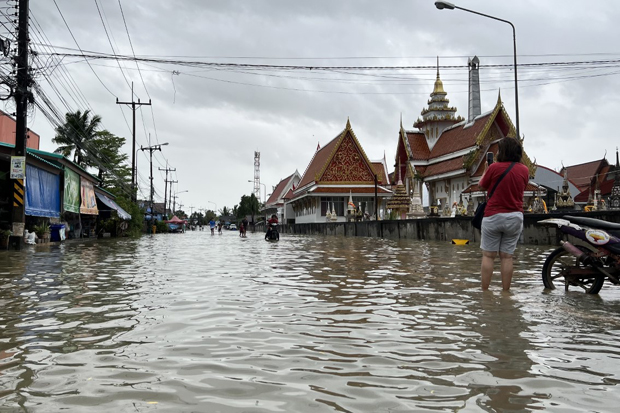Rejecting Royal Petition
Call to Avoid Politicization
Wirangrong Dabbaransi, leader of the Network of Universities for Reform, has publicly opposed a royal petition seeking King Maha Vajiralongkorn’s intervention in Thailand’s political crisis tied to the Thai-Cambodian border dispute. In a passionate statement, she warned that involving the monarchy risks dragging it into partisan conflicts, undermining its constitutional neutrality. The petition, backed by 55 academics and set for submission on Friday, has sparked heated debate.
Constitutional Processes Emphasized
Legal Channels Should Prevail
Wirangrong stressed that disputes, including those involving Prime Minister Paetongtarn Shinawatra, should be resolved through legal mechanisms like the Constitutional Court and National Anti-Corruption Commission (NACC). She highlighted an upcoming court ruling on July 1 and ongoing NACC probes, urging reliance on these processes. By keeping the monarchy above politics, she argued, Thailand can maintain public trust in its judicial system.
Monarchy’s Role Defended
Privy Council’s Neutral Stance
The activist pointed out that the King’s advisors in the Privy Council have consistently avoided advocating for royal intervention in political matters. Wirangrong praised the monarchy’s tradition of quiet, wise support for the nation, cautioning against actions that could entangle it in the Thai-Cambodian conflict. Her stance reinforces the importance of preserving the monarchy’s revered status as a unifying, non-political institution.
Concerns Over Petition’s Timing
Potential Political Motives
Wirangrong questioned the petition’s rapid launch, noting its timing just days before planned protests and a key court ruling. She suggested it may carry political motivations, potentially linked to controversial legislation like the Pheu Thai and Move Forward parties’ amnesty bill. The rushed nature of the campaign, she warned, could exploit the monarchy’s name to influence public sentiment or policy debates.
Constitutional Clarity Cited
2017 Constitution Limits
Citing Section 5 of the 2017 Constitution, Wirangrong clarified that the King lacks authority to appoint or remove governments, as constitutional mechanisms already govern such actions. She argued that invoking traditional practices is unnecessary when legal frameworks exist. This legal perspective underscores her call for academics to retract the petition and pursue resolution through established channels.
Call for Public Trust
Judiciary as the Solution
Urging Constitutional Court judges to rule impartially, Wirangrong emphasized that a trusted judiciary eliminates the need for extra-legal appeals to the monarchy. She encouraged academics to join peaceful demonstrations on Saturday instead of submitting the petition. Her appeal seeks to redirect efforts toward civic engagement, fostering stability while protecting the monarchy’s impartial role in Thailand’s turbulent political landscape.









